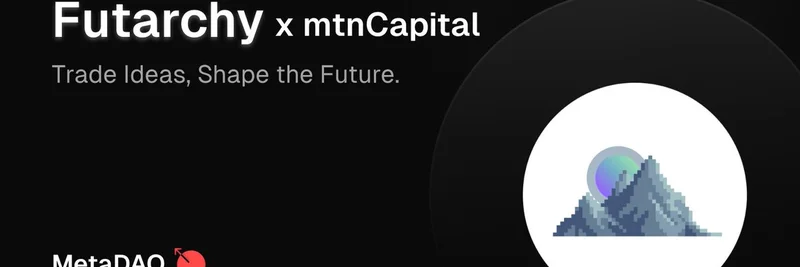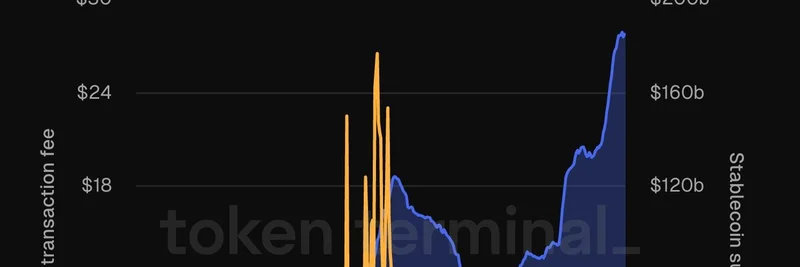If you've been following the evolving world of decentralized autonomous organizations (DAOs) and experimental funding models in crypto, you might have caught wind of the latest development from MtnCapital. In a recent thread on X (formerly Twitter), Edgar Pavlovsky, a key figure in the MTNDAO community, shared some exciting insights about an unwind proposal for MtnCapital. This isn't just another fund closure—it's a real-world demonstration of how innovative governance tools like those from MetaDAO can protect participants and encourage bolder experiments in blockchain.
Let's break it down step by step. First off, what's MtnCapital? It's a fund launched as part of the MTNDAO ecosystem, which had an epic summer run in 2025. MTNDAO brings together builders, thinkers, and crypto enthusiasts for collaborative events and projects. MtnCapital was one of those bold experiments, raising funds through MetaDAO's platform to support initiatives. But like any experiment, it came with risks.
The proposal in question, posted by the MetaDAO Project account, calls for unwinding the fund and redeeming the treasury. This means dissolving the fund and returning the capital to holders. Edgar highlighted how this process underscores a killer feature of MetaDAO: on liquidation, holders get their initial capital back—and in this case, even a bit more, around 103%, thanks to some buy-and-burn mechanisms that reduced the token supply over time.
Buy-and-burn, for those new to the term, is when a project uses profits or fees to buy back its tokens from the market and then "burns" them (permanently removes them from circulation). This can increase the value of remaining tokens, which is why holders here are looking at a slight profit on redemption.
Edgar was quick to clarify in a follow-up post that this full redemption isn't a magic trick of futarchy itself—MetaDAO's core governance model. Futarchy uses prediction markets to make decisions: basically, people bet on outcomes with tokens, and the market decides which proposals pass based on how they affect the token's value. It doesn't guarantee you'll always get your money back; that depends on the DAO having enough treasury reserves. What it does do is democratize decision-making, putting power in the hands of token holders rather than a centralized group. Plus, since anyone can trade in these markets with outside capital, it's harder for big whales to manipulate outcomes—though, as Edgar notes, it's not bulletproof against deep-pocketed players.
This setup makes for a more robust ecosystem. As Edgar put it, better systems mean more room to experiment without catastrophic losses, leading to stronger overall growth in crypto. It's a step forward from traditional DAOs, where failed proposals can leave everyone holding the bag.
The thread sparked some reactions too. One user appreciated the organization behind MTNDAO and called it a "legendary" chapter. Another pointed out the irony of "losing money but gaining 3%," to which Edgar responded by questioning where the loss even was—fair point, since holders are coming out ahead. There were questions about why funds were raised if not used, with Edgar explaining that multiple proposals were voted down by the DAO itself over the past six months. You can check those on MetaDAO's site for the full history.
Others chimed in with praise for showcasing MetaDAO's potential, even if DAOs don't always succeed. One reply noted it was a valiant effort and a good demo for launchers like this. And yeah, there's curiosity about long-term incentives for builders as these models evolve.
For meme token enthusiasts and blockchain practitioners, this story is a reminder that not all crypto experiments need to end in rugs or massive gains. Tools like MetaDAO's futarchy can create safety nets that encourage innovation without the fear of total wipeouts. If you're into DAOs or governance tokens with a meme twist—think community-driven decisions with real stakes—this is worth watching. Head over to the original thread on X for the full conversation, and keep an eye on MTNDAO for what's next.
In the fast-paced world of meme tokens and blockchain tech, stories like this show how governance is maturing. It's not just about hype; it's about building sustainable systems that let creativity thrive.


